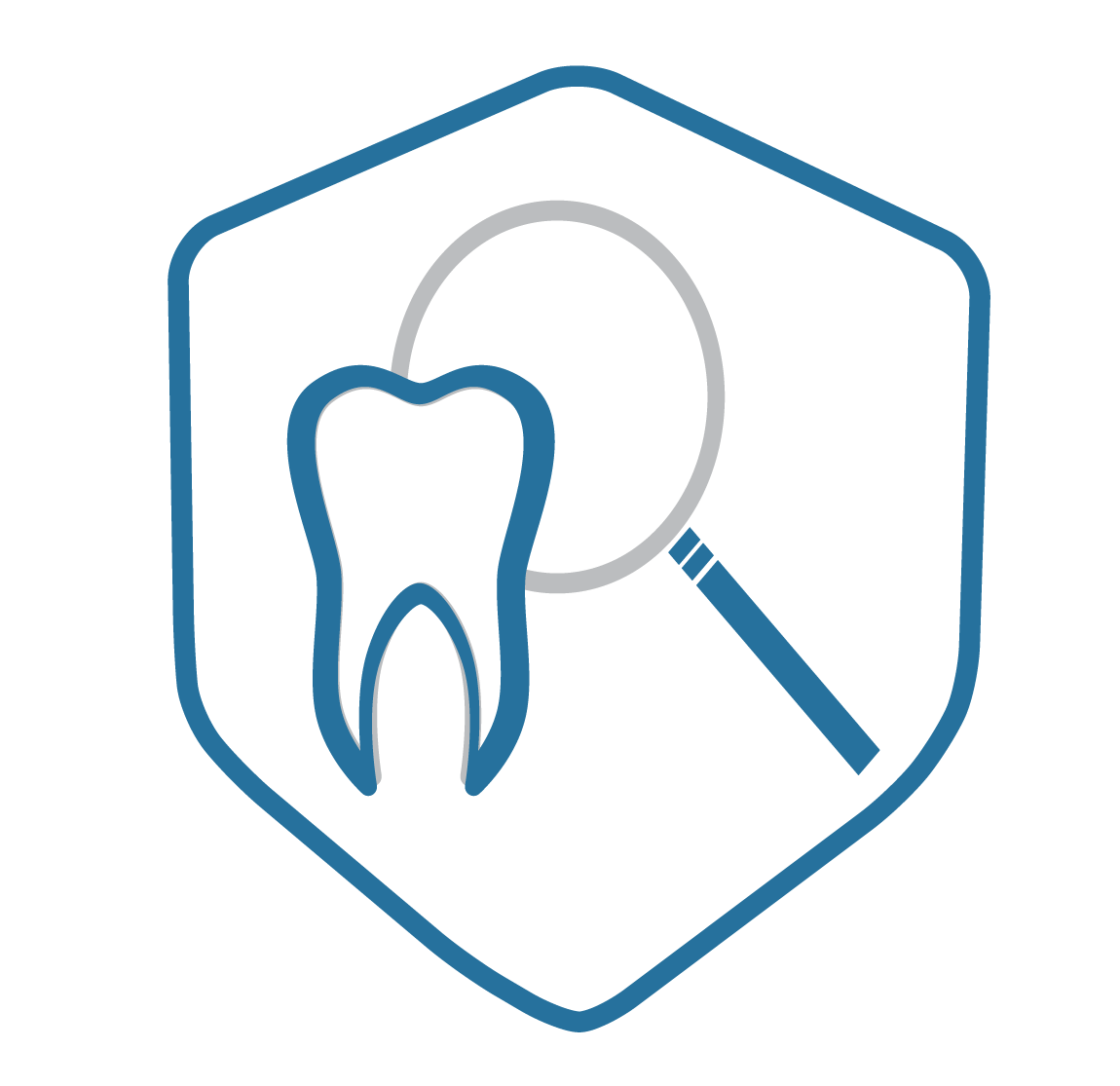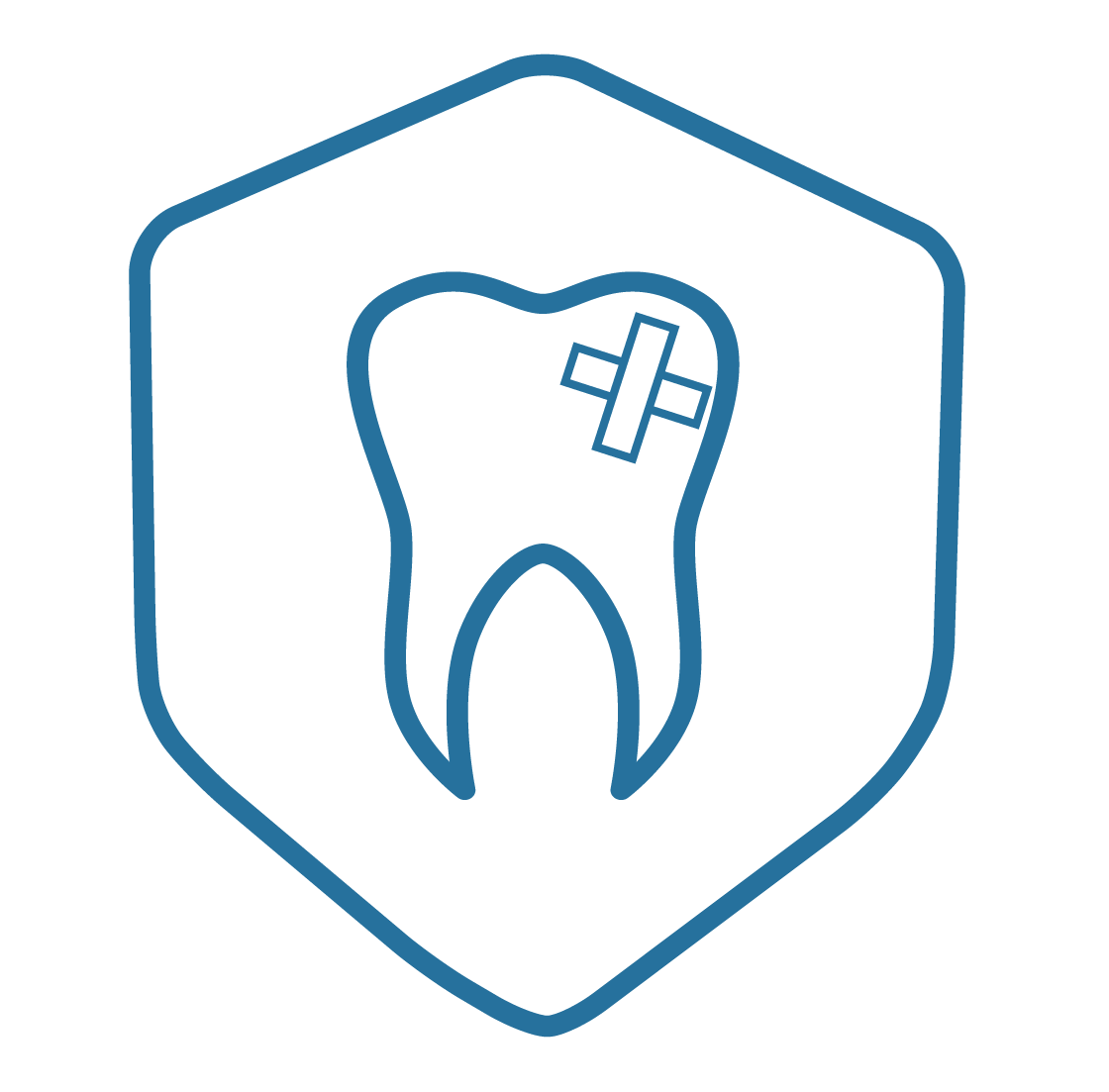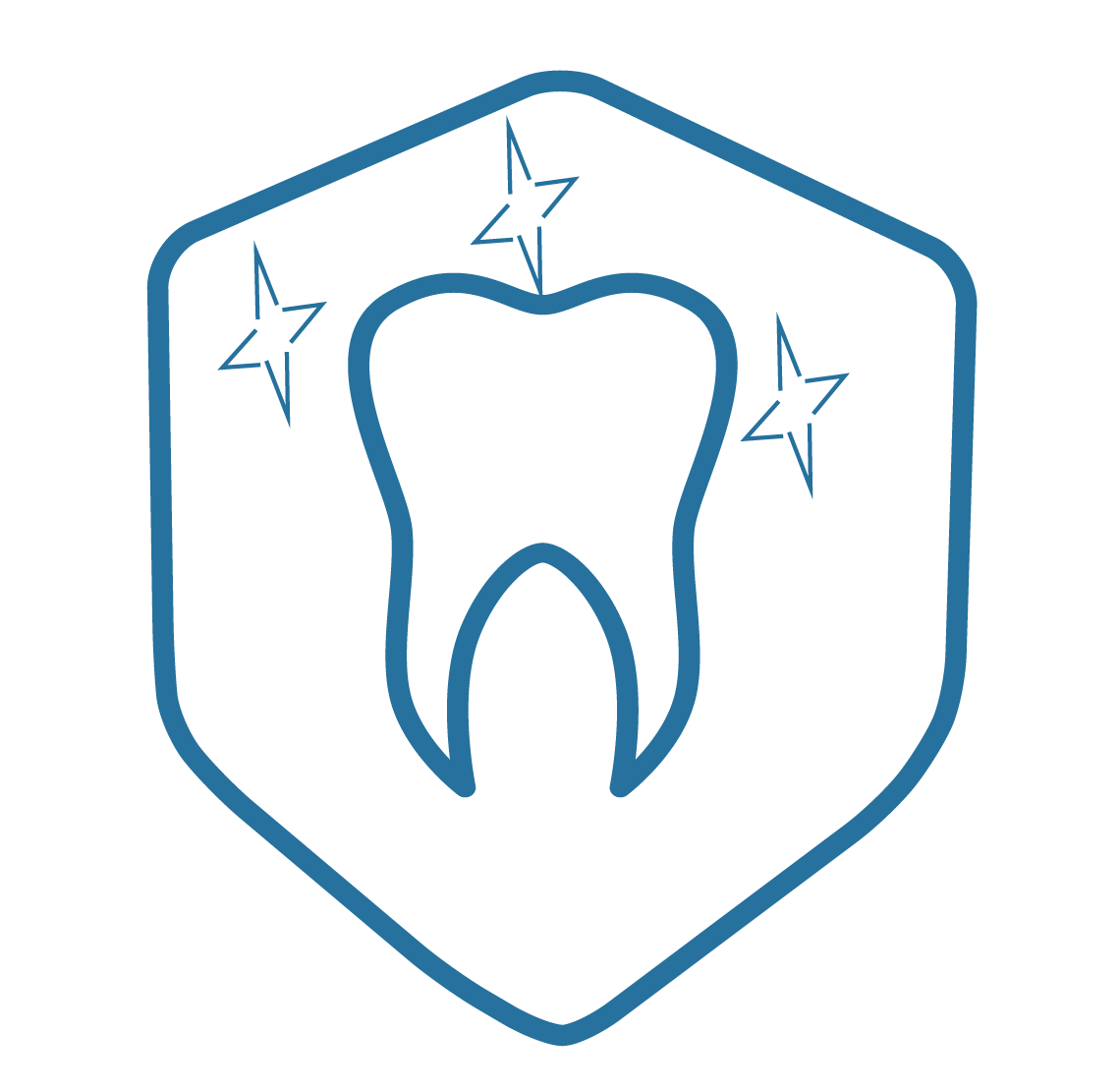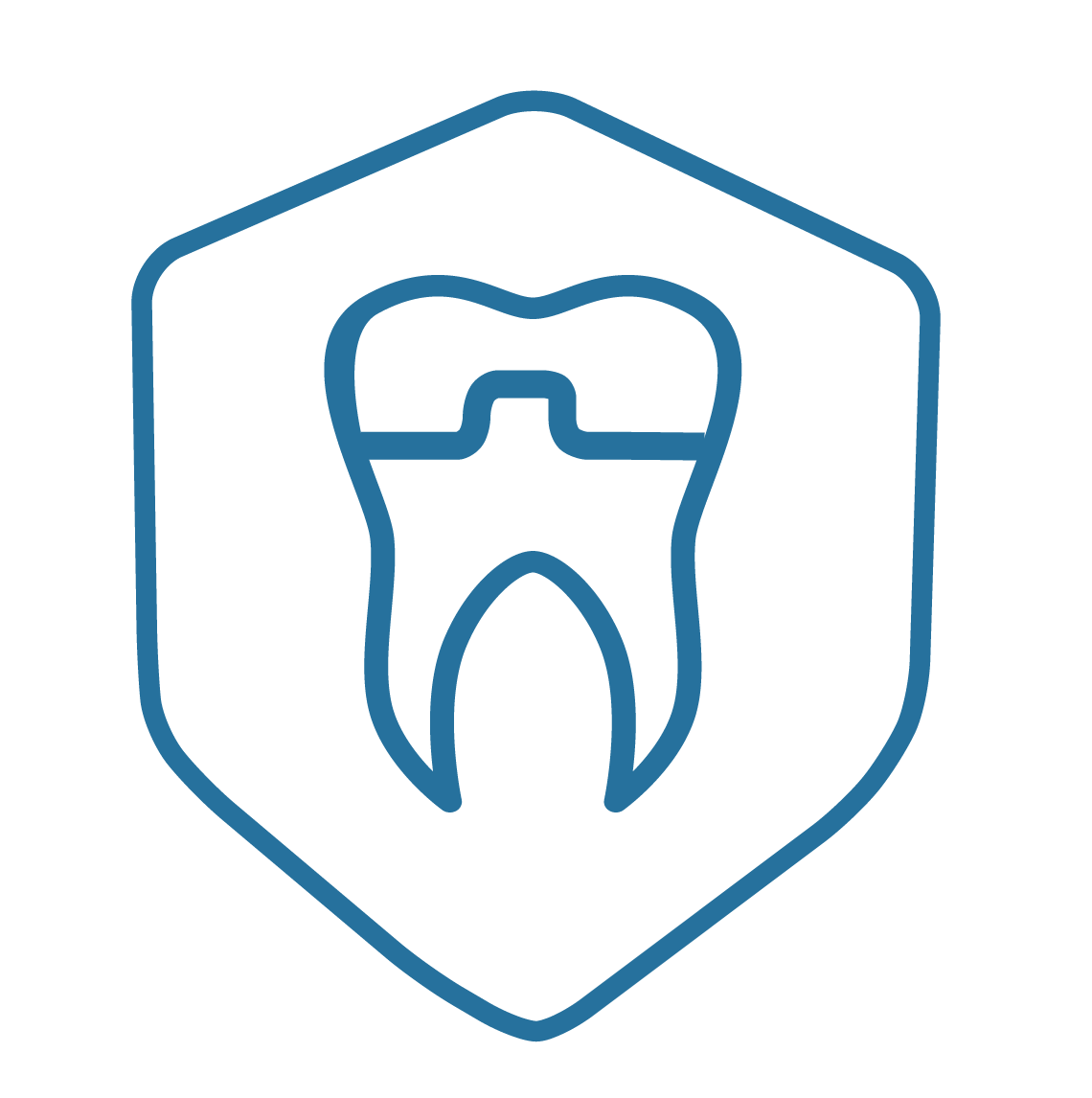
From daily brushing to annual dental cleanings, the best way to prevent tooth decay is by brushing twice a day, flossing daily. A regular dental exam itself is a form of prevention, as the purpose of the appointment is to detect the potential for dental decay, both during the oral exam and upon reading any dental images (x-rays) taken.

Restorative dentistry involves the diagnosis, prevention and treatment of oral diseases.Your dentist may suggest a treatment plan to restore teeth that are decayed, chipped, cracked, discolored or even missing. Teeth that are affected by any of these developmental or trauma-related defects can qualify for restorative care.

If a tooth has been broken or damaged by decay, your dentist will try to fix it with a filling, crown or other treatment. Sometimes, though, there's too much damage for the tooth to be repaired. In this case, the tooth needs to be extracted. A very loose tooth also will require extraction if it can't be saved, even with bone replacement surgery (bone graft).

The goal of the root canal procedure is to save a tooth that is severely infected. Your dentist performs the procedure to remove bacteria and dying or dead tissue from inside the tooth.

A crown is used to entirely cover a damaged tooth. Both crowns and most bridges are fixed prosthetic devices. Unlike removable devices such as dentures, which you can take out and clean daily, crowns and bridges are cemented onto existing teeth or implants, and can only be removed by a dentist. Porcelain or ceramic crowns can be matched to the color of your natural teeth.

Dentures and Partials are replacements for missing teeth that can be taken out and put back into your mouth. Your dentist will help you choose the type of denture that's best for you based on whether some or all of your teeth are going to be replaced and the cost involved.